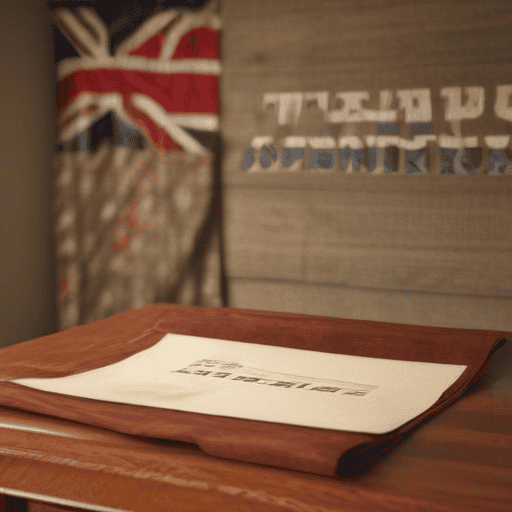Parliament’s justice select committee has unanimously decided to extend the deadline for submissions on the Treaty Principles Bill until 1 PM on Tuesday, January 14, due to issues with the online submission portal. This extension follows an impressive initial response, with approximately 300,000 online submissions received, half of which were submitted on the final day. This figure surpasses the previous record of 107,000 submissions garnered during the 2021 Conversion Practices Prohibition Legislation Bill.
As committee staff work through the submissions, the final number may still change. Individuals wishing to submit feedback can do so via email to treatyprinciples@parliament.govt.nz or justice@parliament.govt.nz until Thursday at 9 AM. Emails must reference the technical issues experienced with the website, include the sender’s name, and meet specific submission criteria. Those whose submissions failed to meet these standards will need to resubmit through the official website.
The committee has strongly urged members of the public to submit their feedback promptly, encouraging early submissions rather than waiting until the last minute. For those encountering technical difficulties or uncertain if their emails meet submission requirements, assistance is available. The committee acknowledges the high volume of inquiries may lead to delays in response times.
Problems with the submission portal prevented many from submitting by the previous deadline of January 7. Reports suggest that these technical difficulties may have persisted since late November 2023. Tech consultant Louisa Taylor has indicated that issues could be linked to low server capacity or potential cyberattacks, emphasizing the need for a reliable system to facilitate public engagement.
This reopening of submissions exemplifies the committee’s commitment to inclusivity in government processes, providing an opportunity for a broader spectrum of voices to be heard in discussions surrounding the Treaty Principles Bill. The high level of public engagement reinforces the significance of civic participation, making the legislative process more representative.
In summary, the Justice Committee’s actions not only reflect adaptability and commitment to public engagement amidst technical challenges but also highlight the importance of maintaining effective channels for public discourse in shaping policies that impact the community. This proactive approach encourages greater citizen involvement, fostering a democratic process where every opinion contributes to the legislative landscape.

Leave a comment